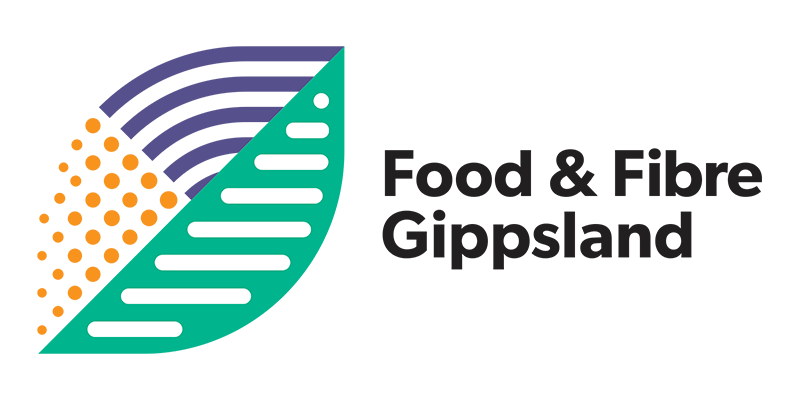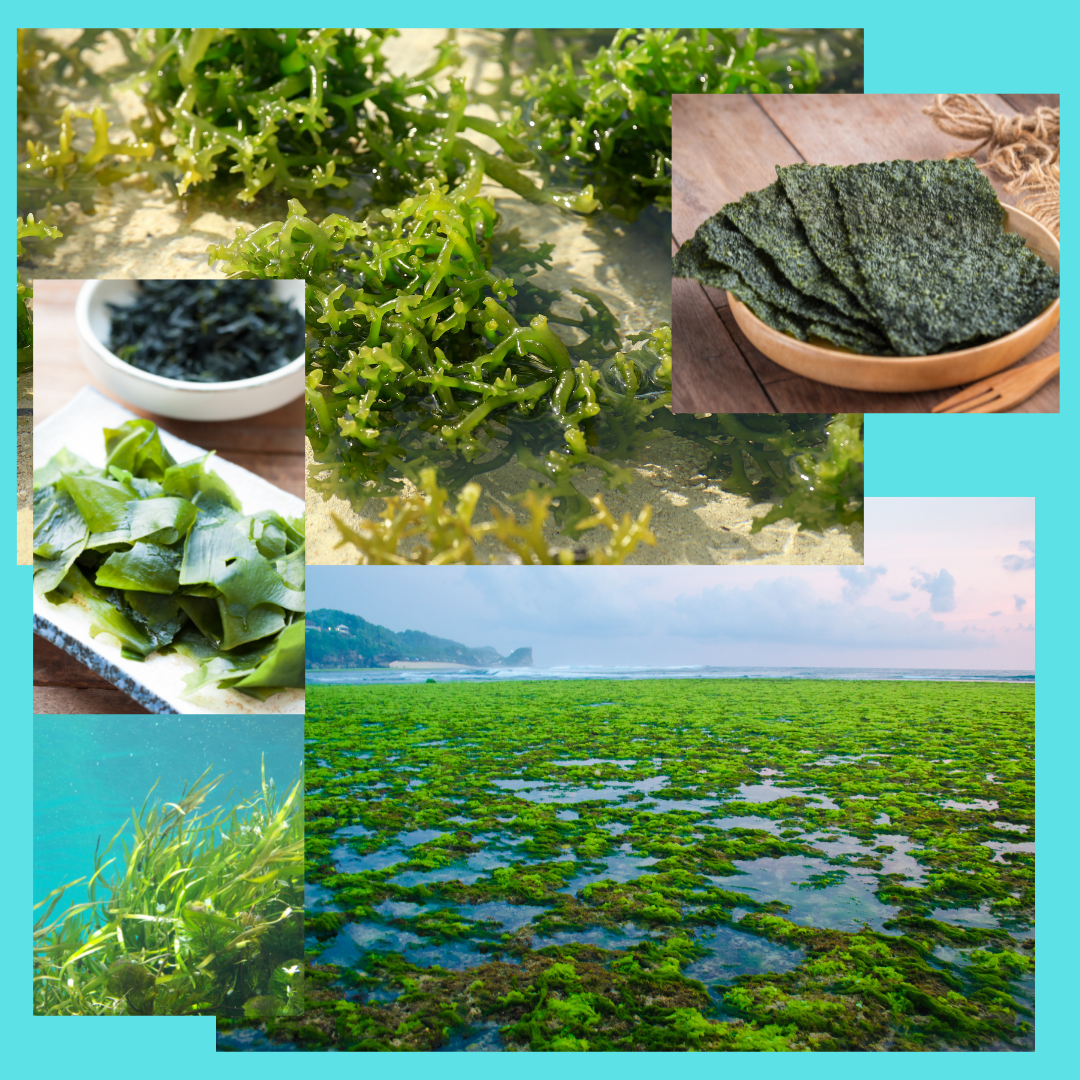Circular Economy Importance
With the population of the world expected to grow from 7.8 to almost 10 billion people by the year 2050 and climate change presenting a significant threat to future populations, sustainability and the concept of circularity have never been more important.
So what exactly is meant by circularity, or the concept of a circular economy?
Value add for reject potatoes=flour
A circular economy refers to a system that aims to reuse and regenerate resources through the process, rather than a traditional “take, waste, dispose” approach. By recycling resources back into the system, waste is eliminated or minimised, reducing the pressure on landfill and minimising the potential carbon emissions of waste.
Waste produce used for juice
This approach has widespread applicability across industry and our daily lives; if we are able to treat waste as a resource rather than a problem, it has the potential to drive new industry and innovation whilst improving climate resilience (our ability to mitigate and withstand climate change).
Food & Fibre Gippsland (F&FG) are committed to promoting circularity in the Gippsland region through our projects and advocacy work as part of the Gippsland Smart Specialisation Strategy (GS3).
High value nutraceutical products
One of these projects will involve the establishment of an online Circular Economy and Waste Trading Platform. Currently, over 30% of all agricultural produce is wasted before it reaches the farm gate. This “non-consumed” fraction has considerable value as a resource through further processing into high-value nutraceutical products, as a stock feed or fertiliser as opposed to being sent to landfill.
The proposed online trading platform would enable the trade of this valuable resource and create new opportunities for Gippsland industry, improve sustainability outcomes for the region, and provide revenue streams for produce that is currently wasted.
In addition to the Circular Economy and Waste Trading Platform, within the Sustainable Emerging Commodities (Insects and Seaweed) project stream, investigation into circular economy concepts is well underway.
These concepts include insect based organic waste mitigation, where insects (black soldier fly larvae) consume and grow off organic waste (e.g. horticultural or dairy waste) and are then processed themselves into high value animal feed, creating a circular economy. Seaweed, another sustainable emerging commodity can be “cascaded” – where the highest value components of the seaweed are extracted first, and the remaining biomass is utilised in other applications. No part of the seaweed is left as waste.
F&FG is excited to continue this investigation into innovative circular economy strategies and technologies for the Gippsland region, and look forward to keeping you updated with our progress.
If you’d like to join the conversation around circular economy in the Gippsland region or find out more, please contact;
Ben Gebert (Project Manager)
ben.gebert@foodandfibregippsland.com.auElena Nauta (Graduate Project Officer) elena.nauta@foodandfibregippsland.com.au.
A sustainable emerging commodity




